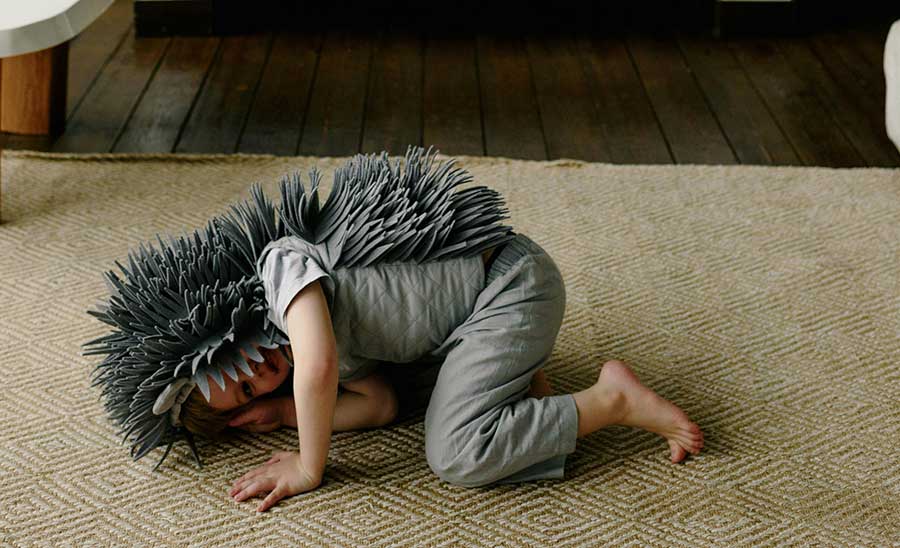
11 Oct How the Changing Seasons Affect an Autistic Child
The school holidays are just around the corner, signaling the start of the changing seasons in South Africa. Changing seasons aren’t often discussed by adults, particularly how they impact daily life. Typically, people may mention looking forward to cooler weather, and for some, winter jerseys and fluffy blankets are sensory heaven. But have you ever wondered how the transition through all four seasons—autumn, winter, spring, and summer—affects an autistic child?
Autumn brings cooler temperatures, shorter days, and longer nights, marking a significant shift in routine and environment. This can be particularly challenging for autistic children, as many struggle with change. Winter introduces even more sensory shifts, with heavier clothing, colder weather, and fewer daylight hours. The arrival of spring, with its warmer weather and blooming flora, can bring new allergens and disrupt sensory sensitivities. Summer, with its bright sun, heat, and holiday break, can introduce overstimulation or disrupt routine activities that provide structure.
Since autism is a spectrum disorder, the impact of these seasonal changes will vary from child to child. However, here are some common challenges families may face across all seasons:
- Clothing Changes – Clothing challenges are common among people with autism spectrum disorder. Some children are hypersensitive to textures and dislike the sensation of clothes against their skin. Other children may prefer short sleeves over long sleeves, so these changes will need to be navigated during the seasonal transition.
- Shoe Changes – Most children with ASD struggle with shoes and prefer to be barefoot. Others may find it difficult to cope with socks against their skin or the seams of socks, making seasonal changes potentially frustrating for families. New shoes can be difficult for children with ASD to accept, so it’s important to have a strategy in place.
- Longer Nights and Shorter Days – The time perception of individuals with autism can cause behavioural challenges if a child associates darkness with being at home, bath time, or even dinner. A change in the time it gets dark or light will also affect the sleeping patterns of many children on the spectrum.
- Medical Challenges – Autumn marks the beginning of flu season, and it also means leaves are falling from trees and dust is everywhere. Sinus problems, along with a child being unable to blow their nose, can lead to intense tantrums and emotional outbursts, as can a sick child who cannot communicate their feelings.
The best piece of advice we have is for parents to understand that seasonal changes affect our children. When dealing with new behaviours during these holidays, consider all aspects relating to seasonal changes.

